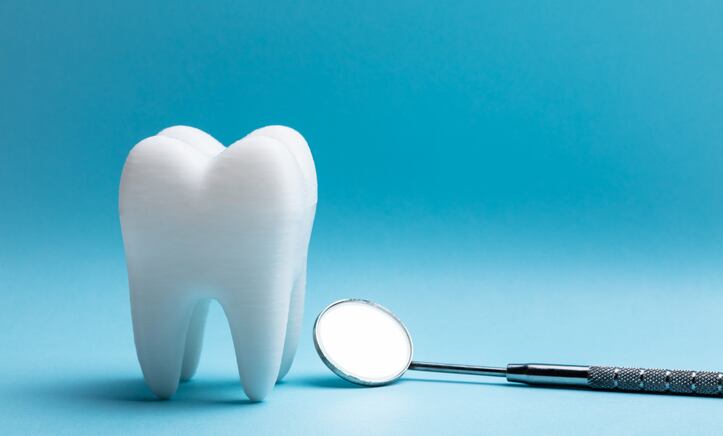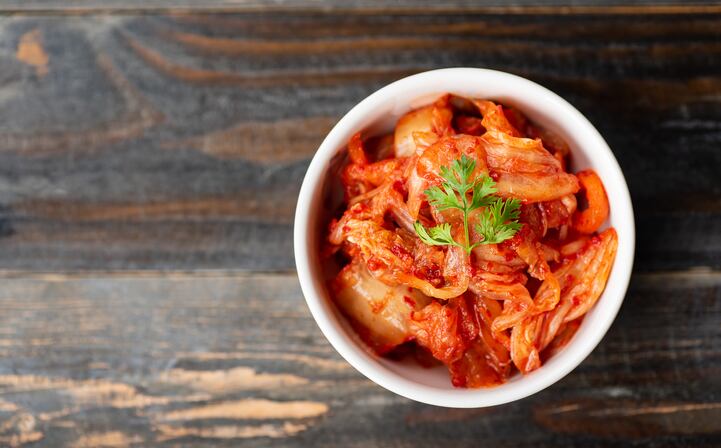The human clinical trial took place in Taiwan, involving 50 healthy individuals in their 20s to 40s.
They were randomly assigned into the placebo or the intervention group, where they had to take three probiotic lozenges or placebo each day for four weeks after going through dental cleaning.
The probiotic lozenges contain three probiotic strains, namely Lactobacillus salivarius subs salicinius AP-32, Lactobacillus paracasei ET-66 and Lactobacillus plantarum LPL28, which were isolated from the healthy gut, breastmilk, and miso seasoning respectively.
They are the proprietary strains of Bioflag Biotech, a Taiwan-based probiotic ingredient supplier and ODM/OEM company.
The probiotic lozenges used in the research were also produced by the company.
Findings published in Oral Diseases showed that the pathogen Streptococcus mutans (S. mutans) had reduced in numbers, alongside an increase in the number of good bacteria Lactobacillus and Bifidobacterium, in subjects who took the probiotic lozenges.
The antibody, immunoglobulin A (IgA), was also significantly higher in the saliva of subjects who took the lozenges.
However, despite the improvements in microbiota, there was no reduction in plaque production.
“The plaque weights in the two groups were comparable, indicating that despite the decline of oral pathogens and bacteria in the oral cavity, probiotics did not inhibit the formation of plaque.
“The oral lozenges containing probiotics may have effectively stimulated the secretion of extracellular matrix in the oral bacteria, thereby forming dental plaque and biofilms,” the researchers said.
Why these three?
The three probiotic strains were explored as strains for oral health as they had showed significantly strong antibacterial effects against oral pathogens, including S. mutans, P. gingivalis, F. nucleatum subsp. Polymorphum, and A. actinomycetemcomitans.
This is based on the comparison of 12 probiotic strains using a modified double-layer-agar co-incubation assay.
The antibacterial scores of the 12 strains were then tabulated.
The aforementioned three strains outperformed with an antibacterial score of 3, 2.8, and 2.6 for ET-66, LPL-28, and AP-32 respectively.
Other strains recorded an average antibacterial score of 0 to 2.4.
Less pathogen growth
Intake of the probiotic lozenges significantly reduced the amount of pathogen found in the oral cavity.
For instance, the amount of S. mutans had dropped by 45 per cent after two weeks and further down by 72 per cent by the end of the study.
Total bacterial amount in the oral cavity, analysed using plate count agar, also showed significant reduction.
“This suggests that probiotics produce metabolites to fight against oral pathogens and maintain the balance of the oral microbiota,” the researchers said.
Good bacteria increased
Intake of the lozenges also significantly promoted the growth of Lactobacillus and Bifidobacterium in the oral cavity as compared to the placebo group.
The increase in Lactobacillus and Bifidobacterium populations was significant, with a p-value of less than 0.005 and 0.01 by week four.
“This suggests that a part of the probiotic strains in the oral lozenges had colonized in the oral cavity,” said the researchers.
Nonetheless, the researchers pointed out that further study would be required to assess whether consuming oral probiotic lozenges could affect oral microbiota in the long term.
Increased lgA in saliva
The antibody lgA increased continuously in the intervention group throughout the study and was found in higher amount than the placebo group.
“The experimental results showed that the oral health products related to AP-32, ET-66, and LPL28 effectively increased the concentration of IgA in saliva and inhibited oral pathogens or neutralized toxins from oral pathogens.
“However, whether the IgA specifically targets oral pathogenic bacteria, such as S. mutans, needs further study,” the researchers said.
They also suggested that since probiotics stimulate saliva secretion, the increased production of saliva and antibodies may have contributed to the decline of oral pathogenic bacteria.
Less pustules
The lozenges intake also reduced the occurrence of mouth rupture and pustules caused by oral bacterial pathogens, based on a questionnaire answered by the subjects.
For instance, the incidence of ruptured mouth or pustule formation was 0.04 ± 0.2 in subjects who took the lozenges, but higher at 0.52 ± 0.82 in the placebo group.
As for intestinal health, incidence of stomach pain, gastroesophageal reflux was significantly reduced, alongside improvements in constipation.
The incidence of constipation dropped from 0.33 ± 0.63 to 0.21 ± 0.41 by the end of the study in the intervention group, while that of the placebo group was up from 0.48 ± 0.65 to 0.6 ± 0.71.
“Overall, our clinical study suggests that oral probiotic lozenges may enhance oral immunity, modulate oral microbiota, and improve oral health,” the researchers concluded.
Source: Oral Diseases
Lozenges with probiotic strains enhance oral immune response and health
https://doi.org/10.1111/odi.13854
Authors: Shun-Fa Yang, et al





